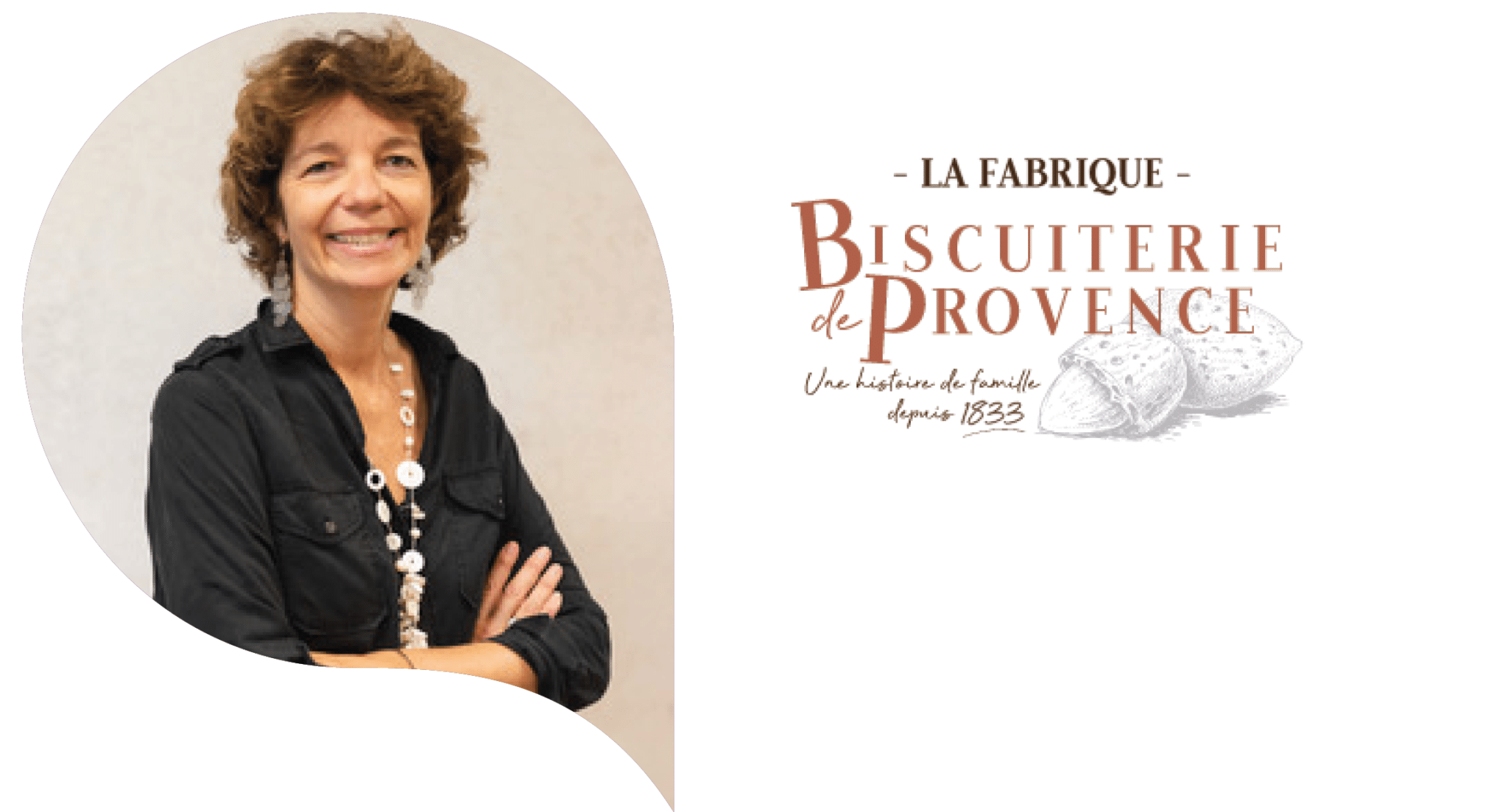Salon produits
Durant la journée, venez parcourir le salon produits des marques et découvrir les nouveautés et innovations du marché !

Repas bio et local
Venez goûter un repas bio et local !
Les conférences 2024
Vers un Nouveau Souffle des Filières Bio
Un Regard sur l’Évolution du Marché Bio et son Avenir Plein d’Espoir
Après une année 2023 mouvementée, l’évolution du marché bio prend une signification particulière, où la consommation connaît des changements substantiels. Malgré les défis rencontrés, le marché bio offre un nouveau souffle aux filières bio, porteur d’espoir et d’innovation. Ce Bio n’days explore les tendances actuelles et les perspectives optimistes qui redéfinissent le paysage des filières bio, même dans un environnement économique incertain.
Lors de cette journée, inspirez-vous grâce aux différentes conférences et échangez sur le bio de demain !
Prise de parole élus du territoire
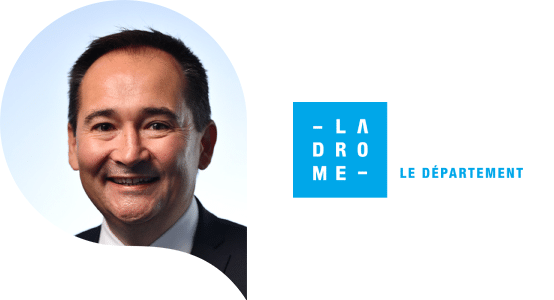
Franck Soulignac
" Les chiffres du marché bio en GMS et en GSS "
En 2023, la situation économique a continué d’être marquée par des records d’inflation, et les marchés bio en circuits conventionnels et spécialisés ont persisté dans leur recul, maintenant la consommation bio en deçà de la barre des 5%. Les changements dans les habitudes de consommation, initiés par la pandémie de Covid-19, se font toujours ressentir, accentués par les impacts persistants de l’inflation sur le pouvoir d’achat des Français. En 2024,la consommation repart doucement, qu’en est il des chiffres de la consommation bio dans les différents circuits de distribution au cours du 1er semestre 2024?

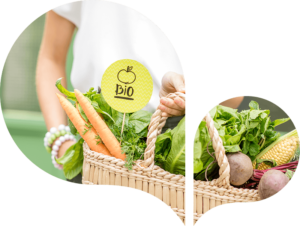
Prospectives 2025, atterrissage des scénarii
En 2014 le Cluster bio AuRA, enfin Organics cluster à l’époque, a lancé une étude prospectives sur Les marchés du Bio à horizon 2025. Quels avenirs? Quels choix startégiques pour les acteurs? Nous faisons le bilan de ces 10 années passées en images!

Vision perspectiviste et évolution de l’alimentation du futur
Cette conférence se veut également une invitation à élargir notre regard, à envisager ces industries dans un contexte plus vaste.
l’objectif est d’aller au-delà de ce bilan immédiat et de vous offrir une perspective plus large, englobant des éléments cruciaux tels que le pouvoir d’achat, les tendances de consommation, les indicateurs de demande, ainsi que l’impact du retail et du commerce sur ces industries.
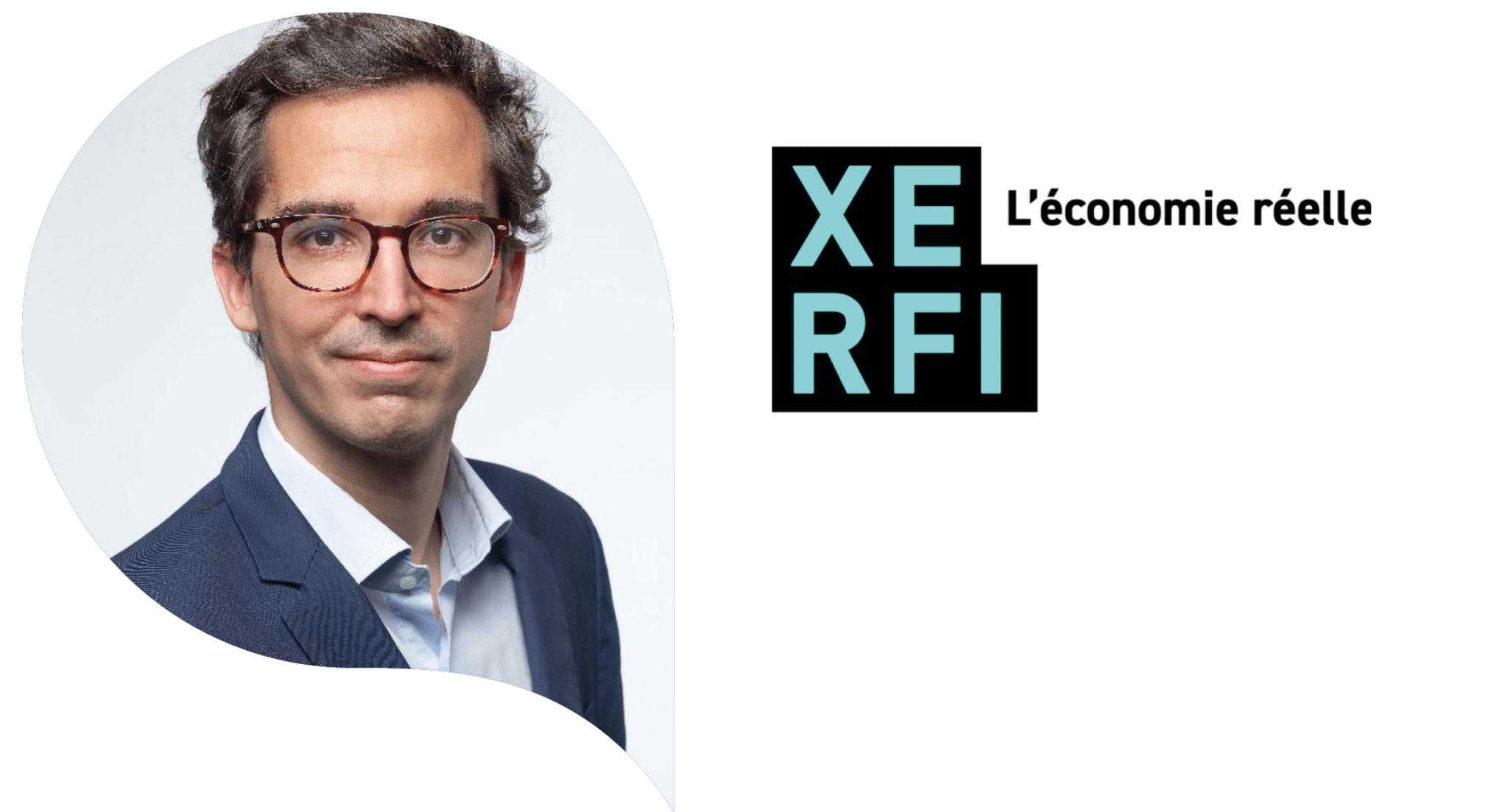
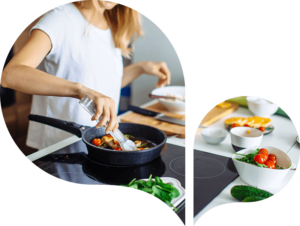
Visite des innovations sur le salon
Concours de la Meilleure Innovation
L’innovation ayant reçu le plus de vote sera récompensée. La remise du prix se déroulera lors du cocktail de fin de journée.
Bientôt les nouveautés en avant première ici
Ils ont un stand

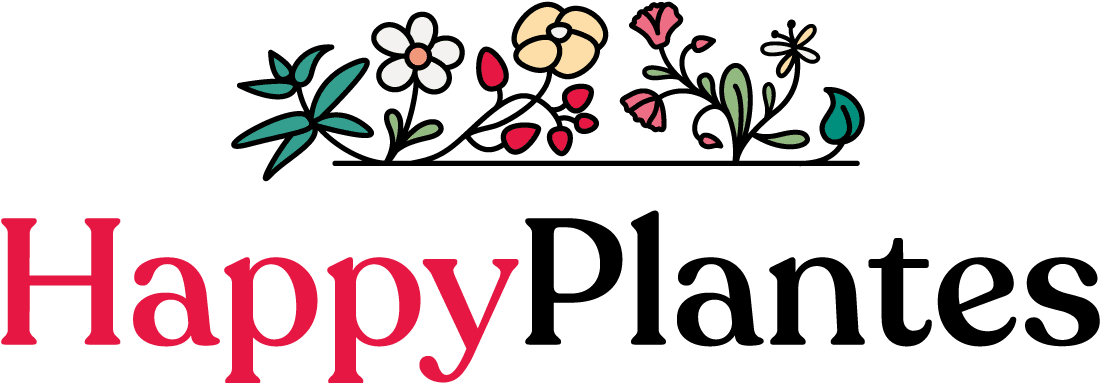

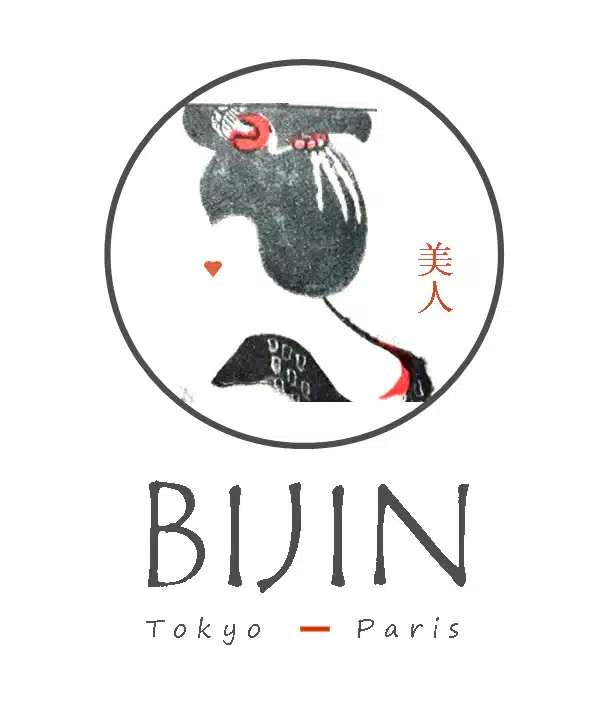
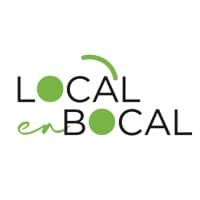



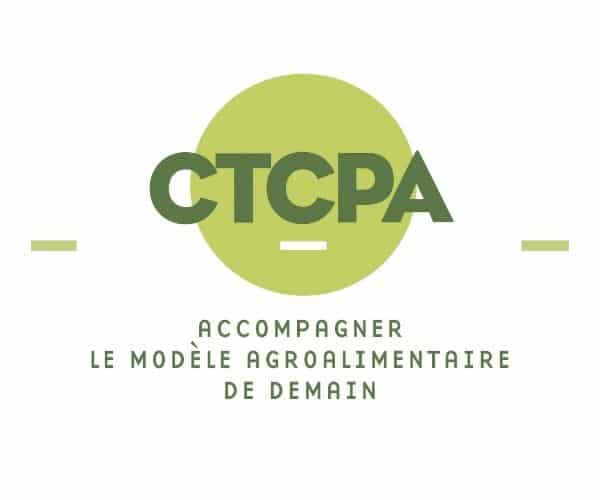
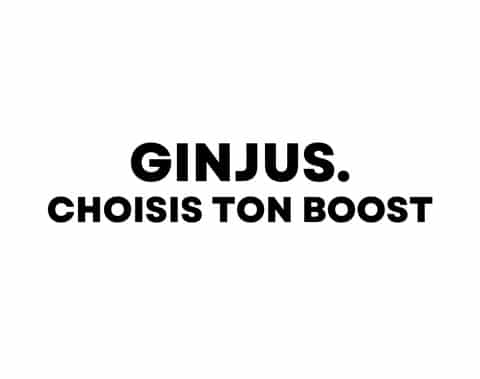
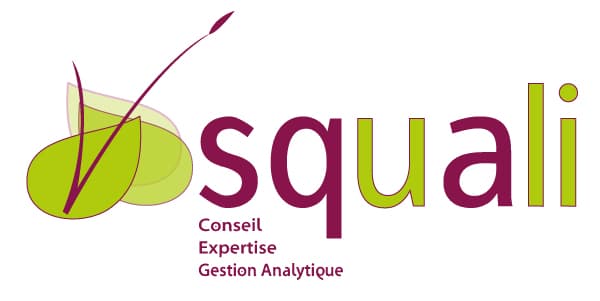
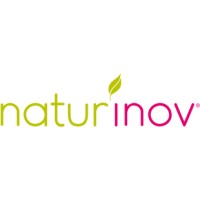

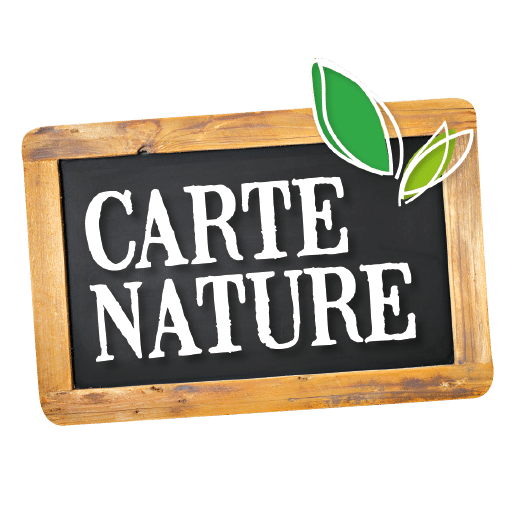
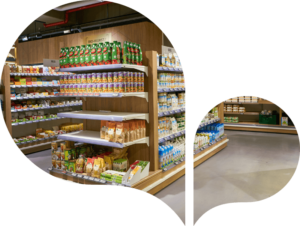
Quelles tendances de consommation pour demain ?
Depuis 2016, le fondateur de Pour Nourrir Demain, nous apporte les tendances, les produits et les innovations avec une veille en France et à l’international. En 2024, quels sont les tendances alimentaires et qu’est ce qu’il en sera de demain ?
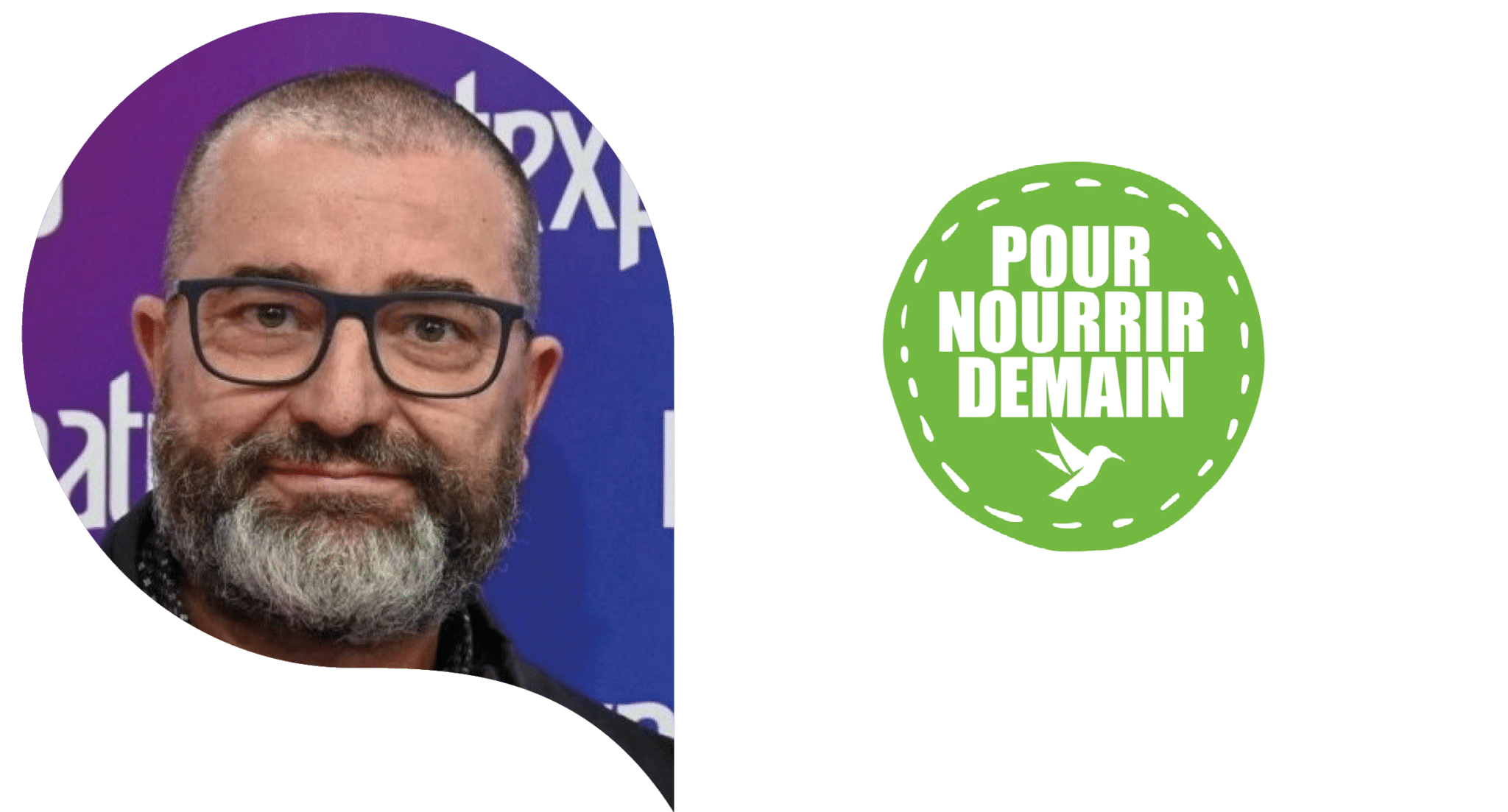
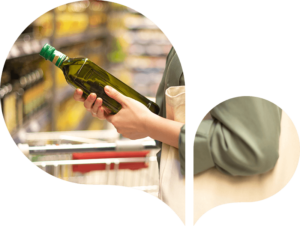
Filières enjeux d’aujourd’hui et demain sur la bio
Après une période de changement d’échelle rapide, les filières bio traversent depuis trois ans une conjoncture plus compliquée. Quels sont les outils et leviers à activer pour relancer la demande ? Comment structurer collectivement les filières de demain ? Quels sont les outils de pilotage à disposition ou à inventer ?
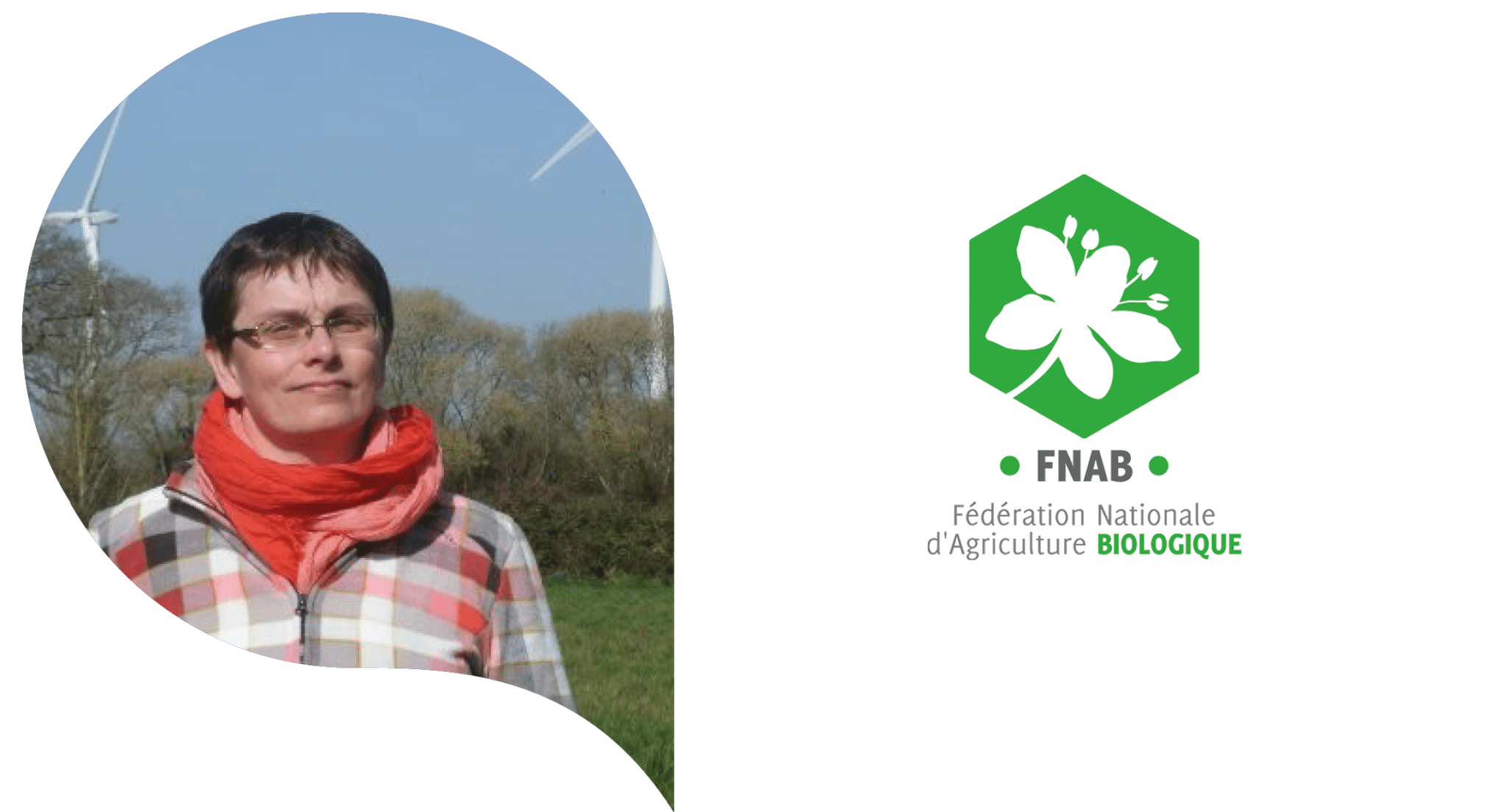

Découvrez les tendances et l'avenir de la cosmétique bio à notre conférence exclusive !
Plongez dans une analyse captivante du marché de la cosmétique bio au cours des 10 dernières années, explorez l’évolution des attentes des consommateurs et comprenez l’impact des nouvelles réglementations sur la labellisation des produits. Apprenez quels sont les axes stratégiques pour développer la cosmétique bio du futur.
Ne manquez pas l’intervention inspirante de notre invité spécial :
Un battement d’aile : Découvrez le parcours audacieux d’une entrepreneuse ayant lancé sa marque dans un contexte difficile et les raisons qui l’ont poussé à choisir la certification.
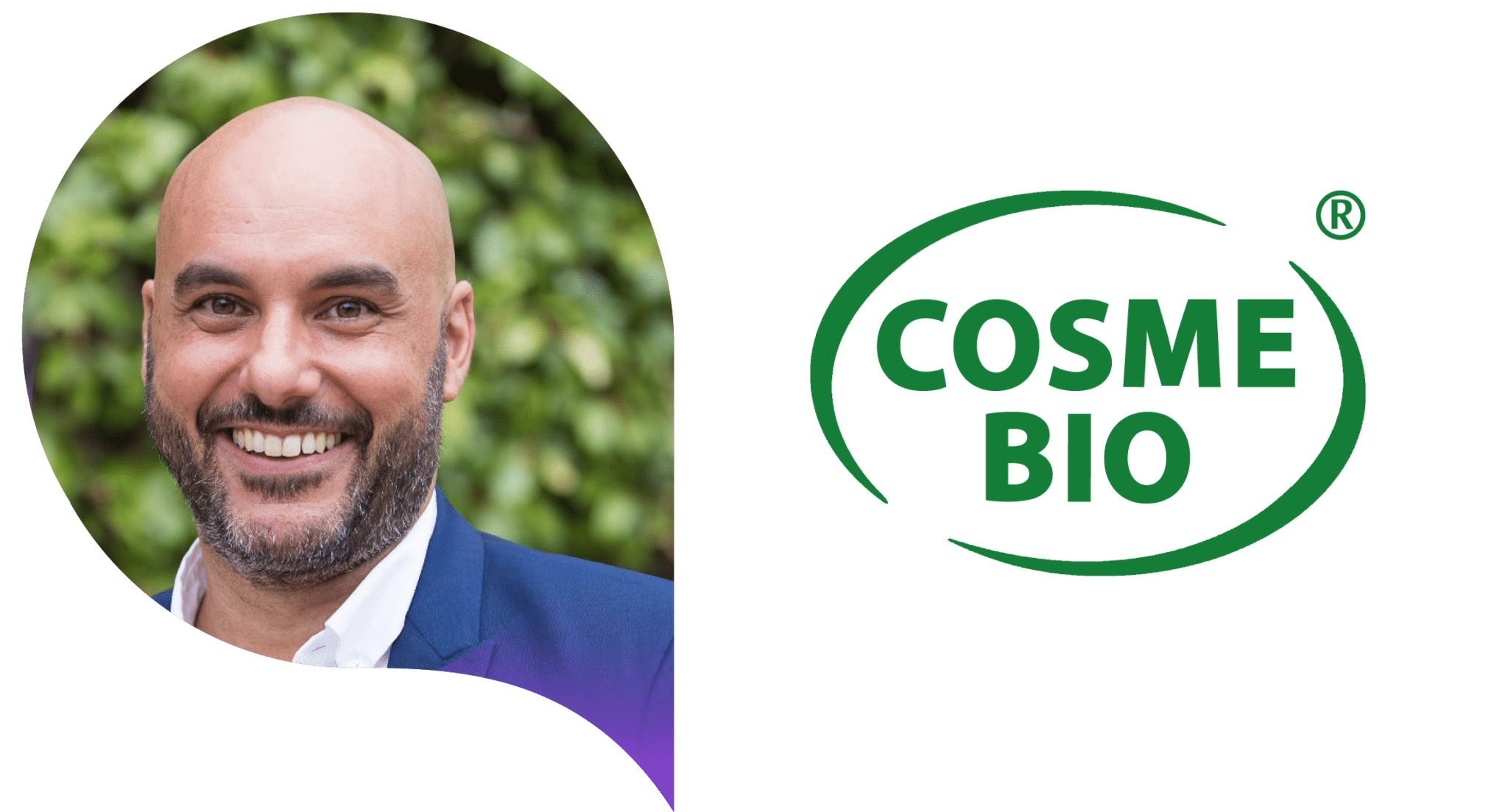

Le Repas
Repas bio et local offert par le département de la Drôme

Atelier 2024
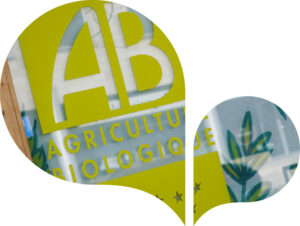
Ré-affirmer la bio, au-delà du cahier des charges
Venez découvrir les richesses des cahiers des charges complémentaire du bio et échanger sur vos bonnes pratiques de la Responsabilité Sociétale des Entreprises.
BIO N’DAYS, c’est une journée de conférences pour déterminer ensemble et faire le tour des clés pour relancer la croissance du bio. Plusieurs intervenants de tout secteurs viendront partager leur vision et retours d’expériences, pour construire ensemble le bio de demain.


